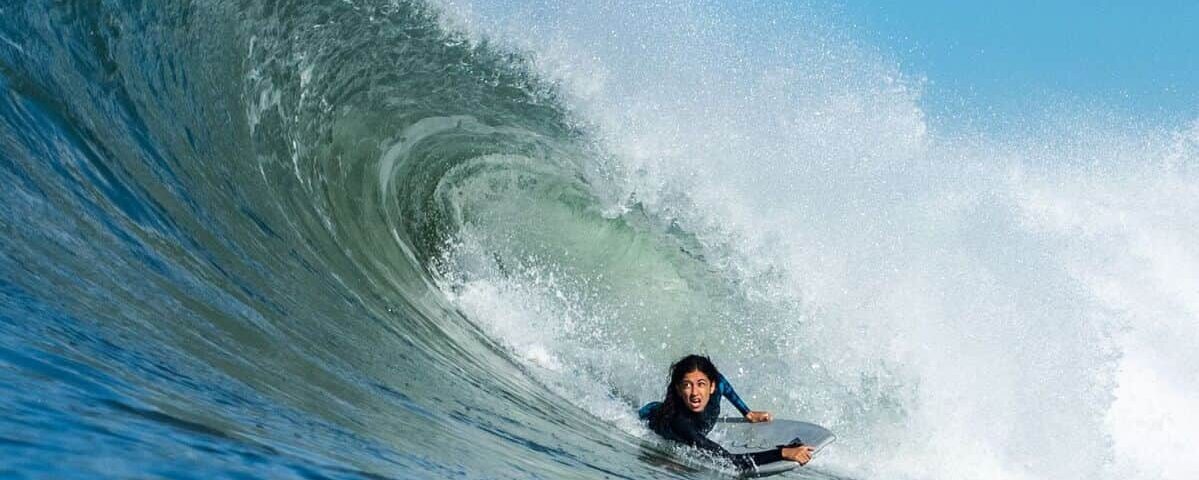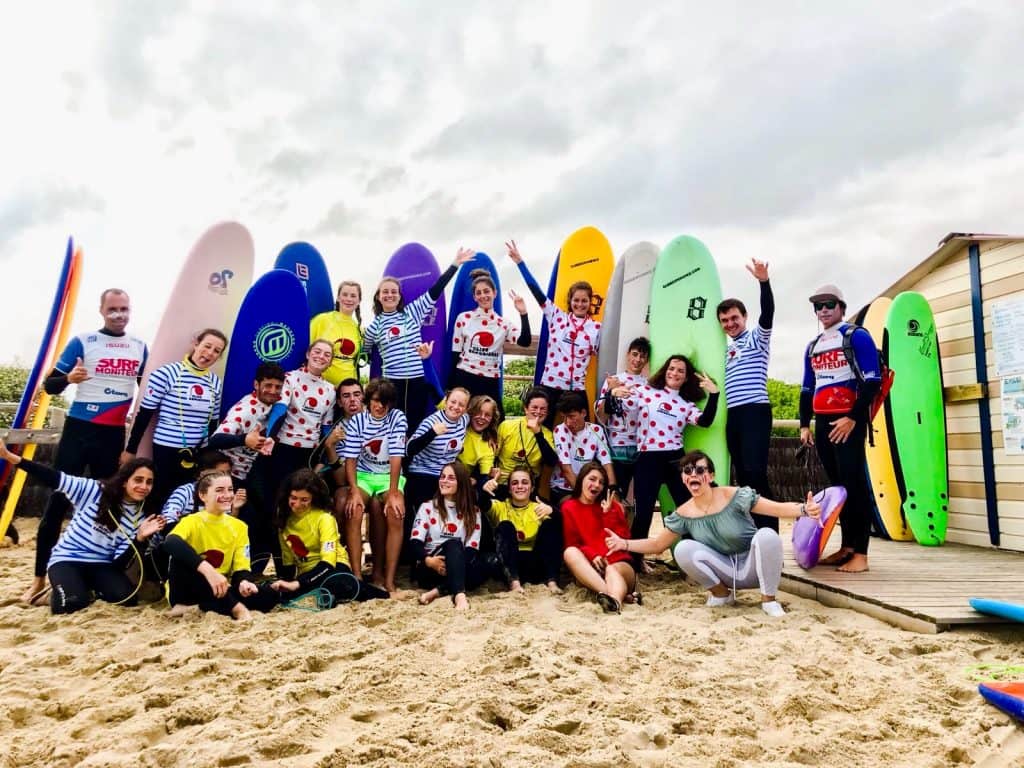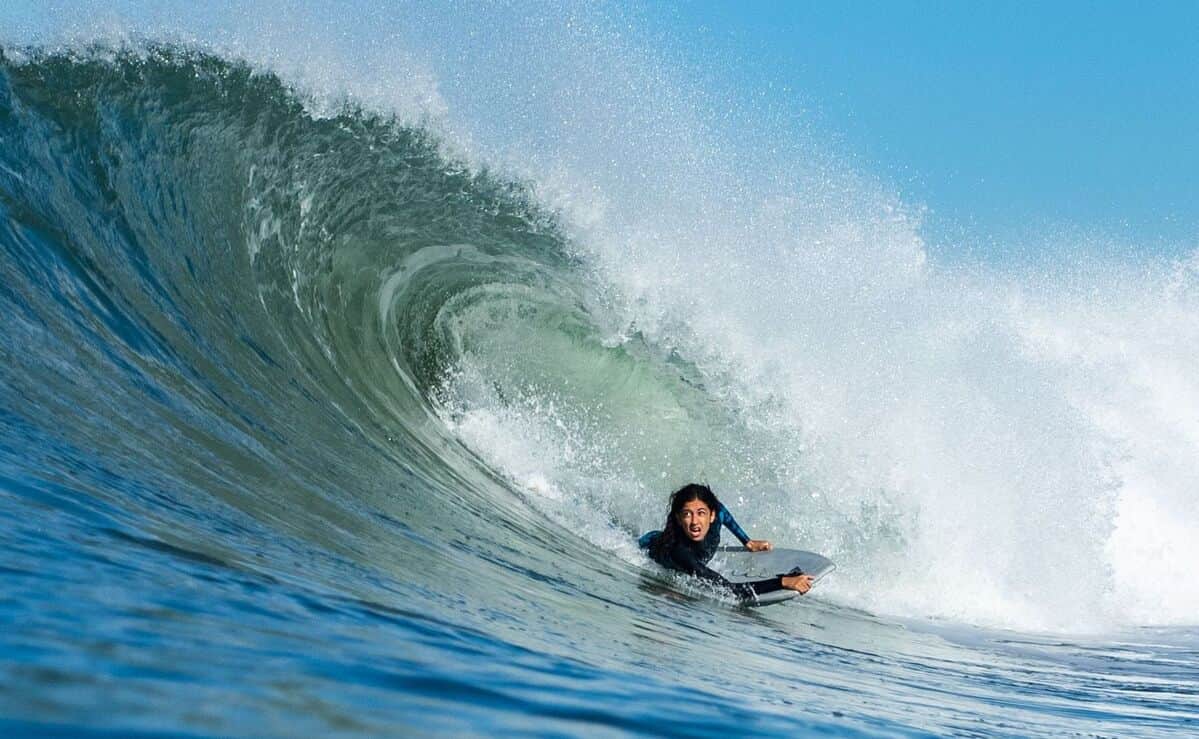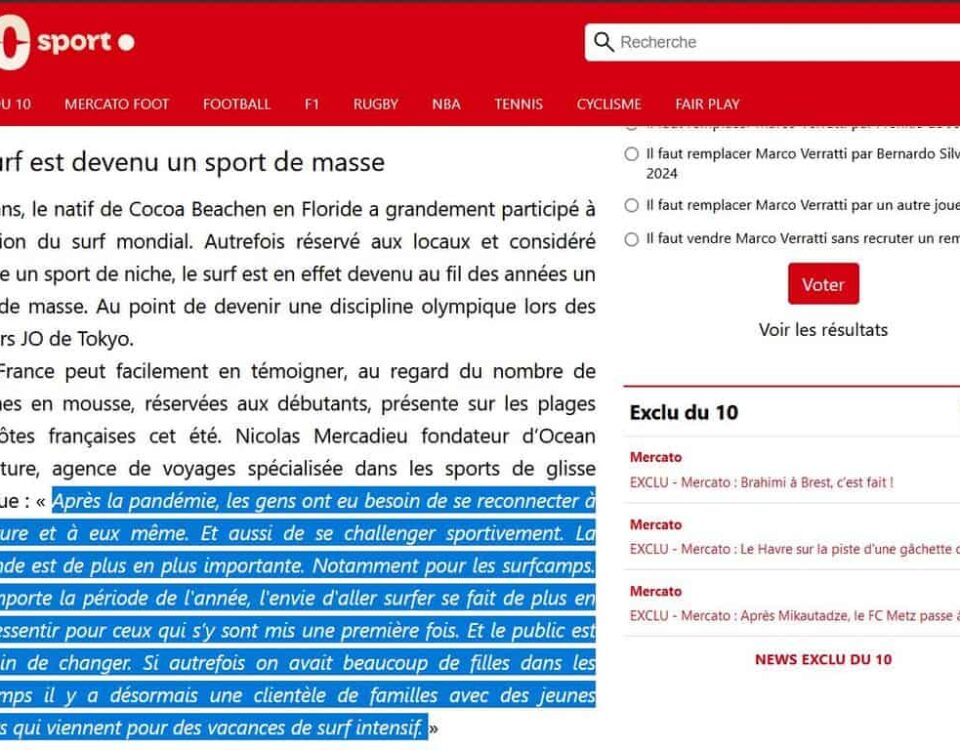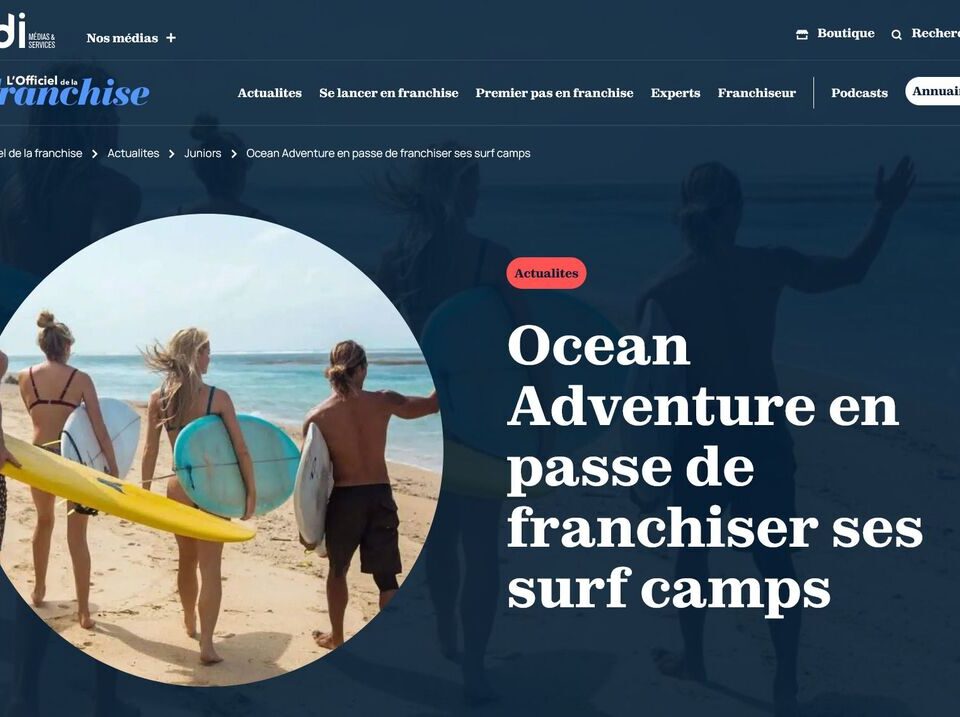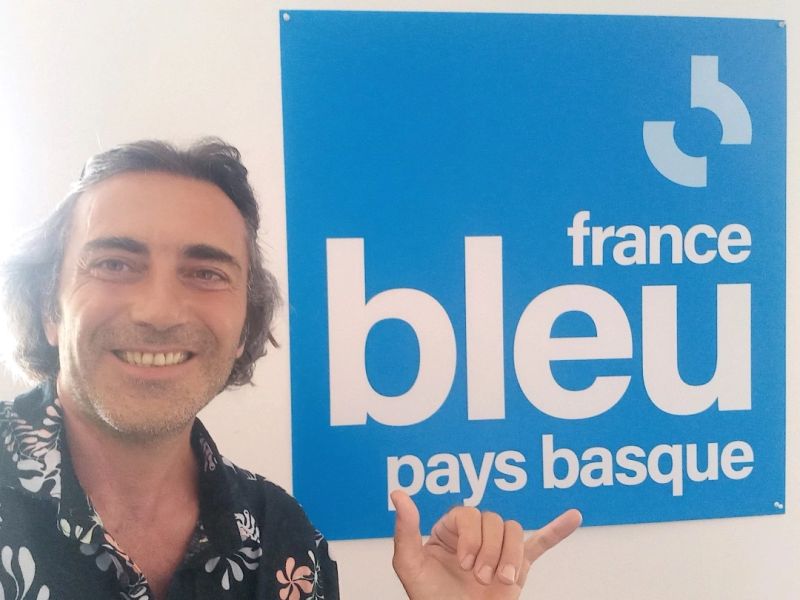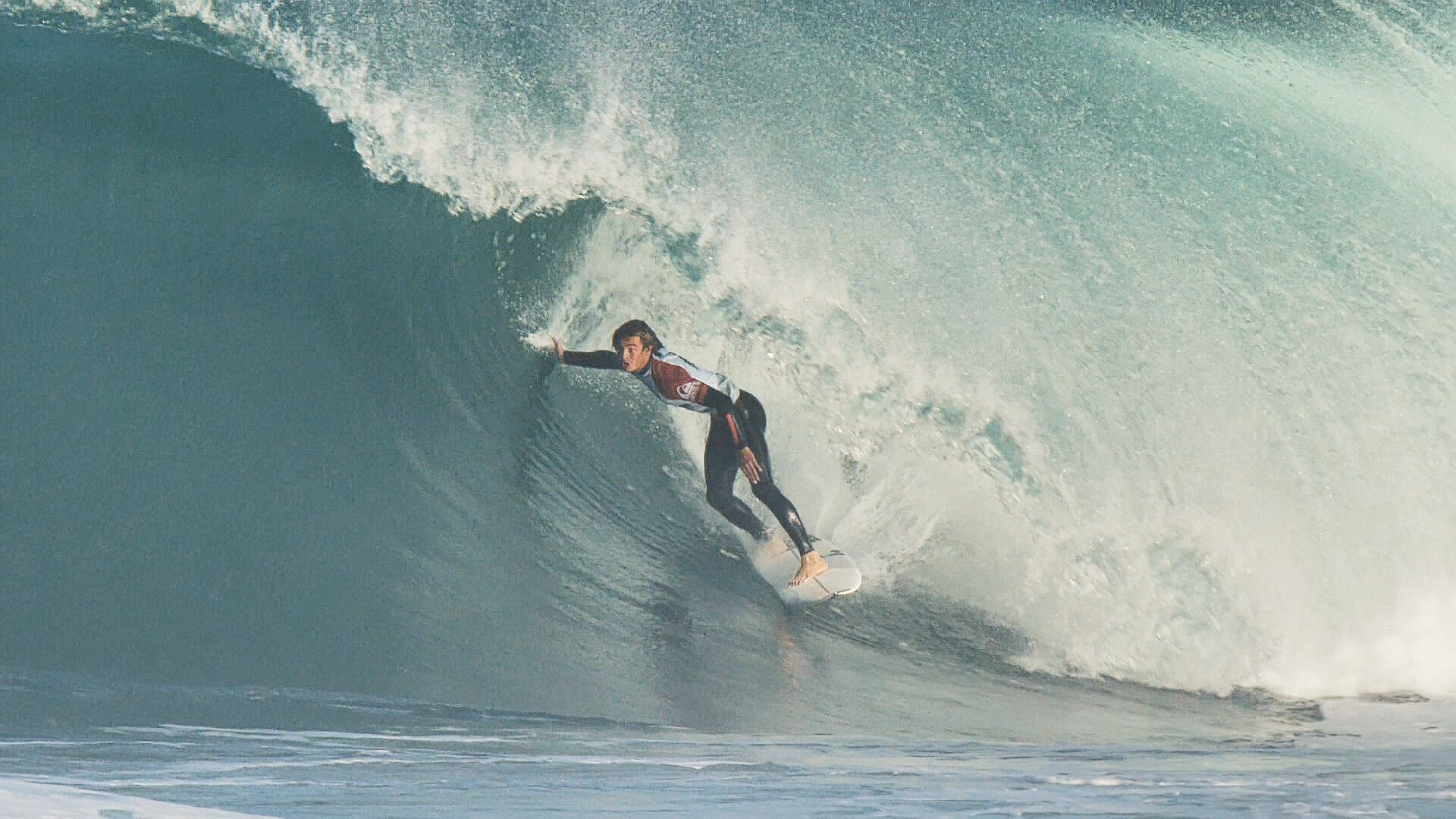
WSL: Coronavirus and a revolution on the surf circuit in 2021…
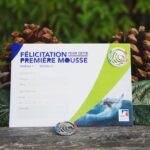
Learning to surf: Teaching objectives
The information provided here details the pedagogical framework of the French Surfing Federation, covering the progressive stages of learning to surf, from taking your first waves to mastering advanced manoeuvres on the shoulder of the wave. This framework is structured around three main areas: surfing technique, safety and independence in the water, and awareness of the marine environment and marine sense. You can do this during your teen surfing camp in France, at Lacanau, Biarritz or Les Sables d’Olonnes.
Too many people want to learn to surf without mastering safety and understanding the ocean. Your mission is to document this.
Each level introduces skills to be mastered, from the right equipment and first balances, to helming techniques, wave choice and technical manoeuvres such as ducking, bodysurfing and various turns.
Contenus de la page
Goal
Documenting, analysing and immersing yourself in learning to surf by following the teaching framework of the French Surfing Federation, with particular emphasis on technique, safety (here are some examples of the dangers of surfing in Biarritz), and knowledge of the ocean.
Course schedule
Day 1: Introduction and Fundamentals
Welcome and orientation on the objectives of the course.
Introduction to the basics of surfing: equipment, lying on the board and first balancing moves.
Days 2 and 3: Surfing Technique and Practice
Practical sessions on the water: picking up foam, straightening up and maintaining balance on the board.
Video workshops to analyse technique and make progress.
Days 4 and 5: Safety and autonomy
Lessons on safety instructions specific to surfing and the marine environment.
Safety practices: protection in the event of a fall, bodysurfing and current management.
Days 6 and 7: Marine sense and the environment
Workshops on wave selection, reading the ocean and using currents to position yourself.
Environmental awareness activities: the impact of surfing on marine ecosystems and conservation actions.
Day 8: Technical refinement
Advanced practice: paddle efficiently, ensure your take-off, and perform manoeuvres at the bottom of the wave.
In-depth video analysis to perfect your technique.
Days 9 and 10: Immersion and Documentary
Free surf sessions to apply the skills acquired.
Start of the production of a multimedia documentary: interviews, shots on the water and recordings of surf sessions.
Day 11: Assembly and reflection
Video editing workshop to assemble the documentary, including technical analysis and learning highlights.
Group discussions on experiences, progress made and the importance of knowledge of the ocean in surfing.
Day 12: Presentation and Closing
Presentation of the multimedia documentary to the group.
Closing session: feedback, sharing of experiences, and outlook on continuing to surf.
This plan aims to offer a complete surfing learning and documentation experience, aligned with the educational objectives of the French Surfing Federation, highlighting the importance of technique, safety and in-depth knowledge of the ocean.
<h2>Deliverables</h2>
A multimedia file with content organised in chronological order that we can integrate into a web page.
A text document that can be used to create a logbook-type web page
Ex. <a href=”https://oceanadventure.surf/15-jours-costa-rica/”>https://oceanadventure.surf/15-jours-costa-rica/</a>
<iframe title=”YouTube video player” src=”https://www.youtube.com/embed/v_3GLrQh6Mw?si=E7SDeU7tXQYFyJ2V” width=”1120″ height=”630″ frameborder=”0″ allowfullscreen=”allowfullscreen”></iframe>
<h2>Schedule</h2>
1st week in a surf camp
2nd week of distance learning at home
This is Liam Mercadieu, an example of a boy who doesn’t surf much but who learnt about the ocean and waves before he surfed!

